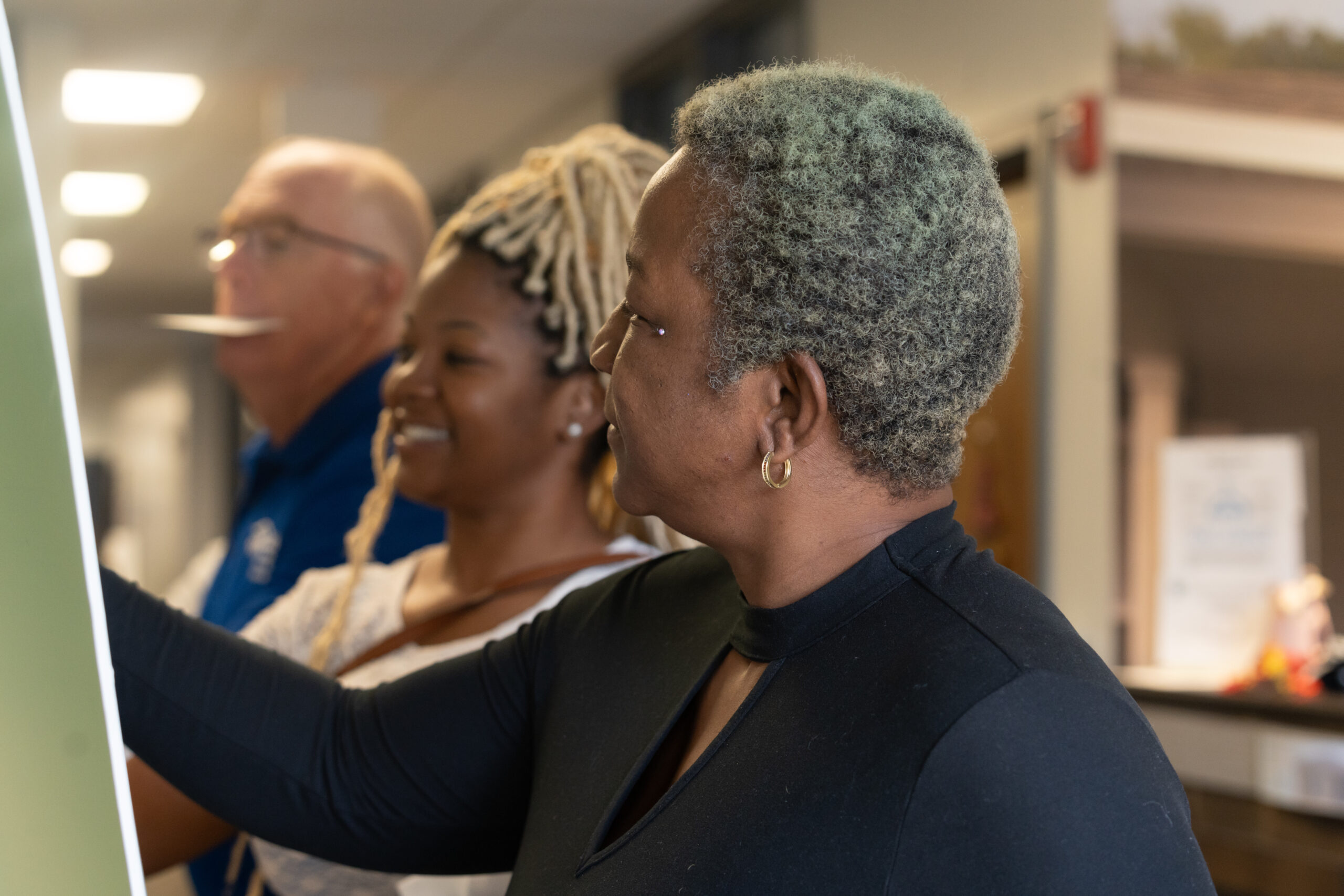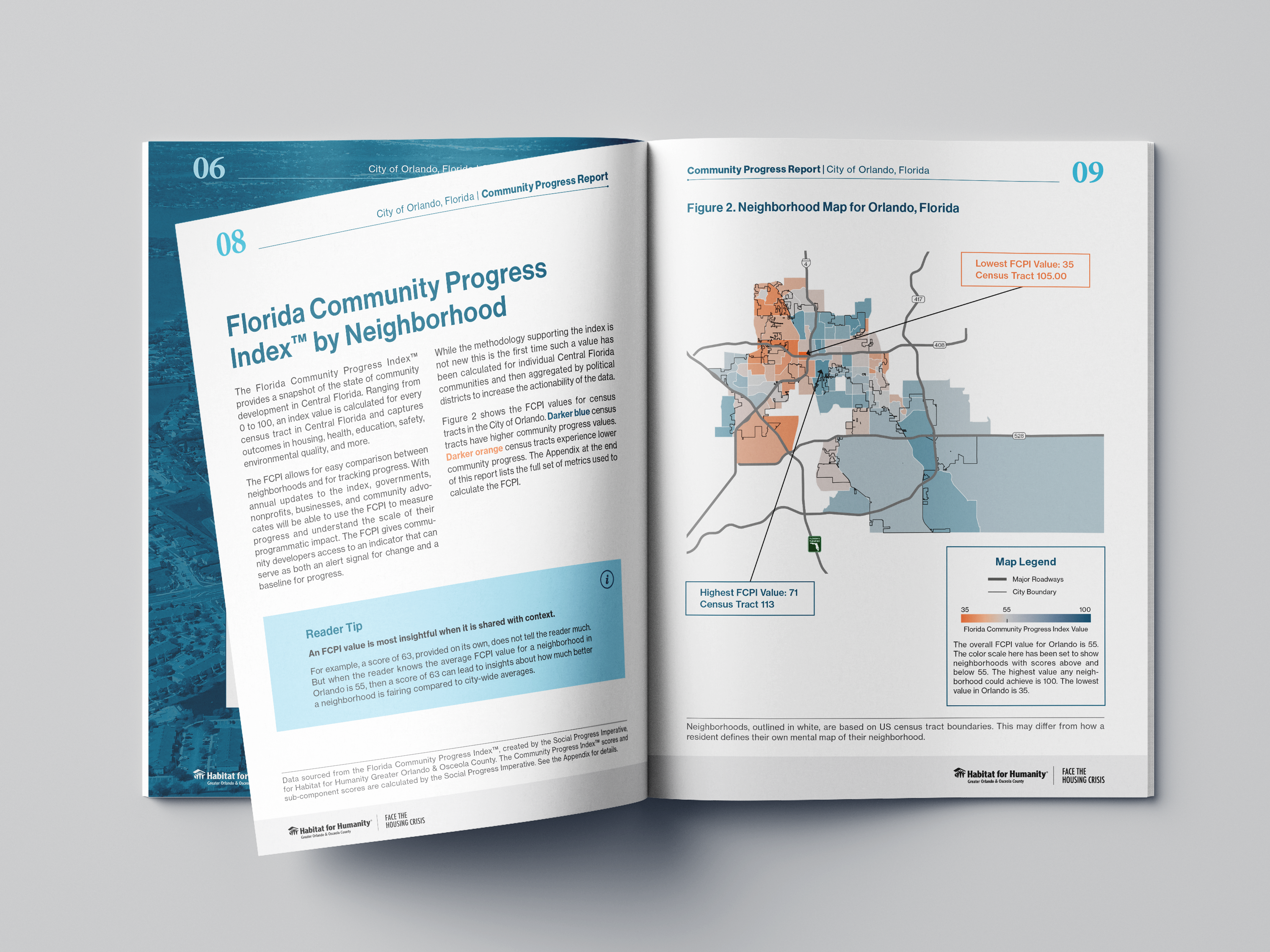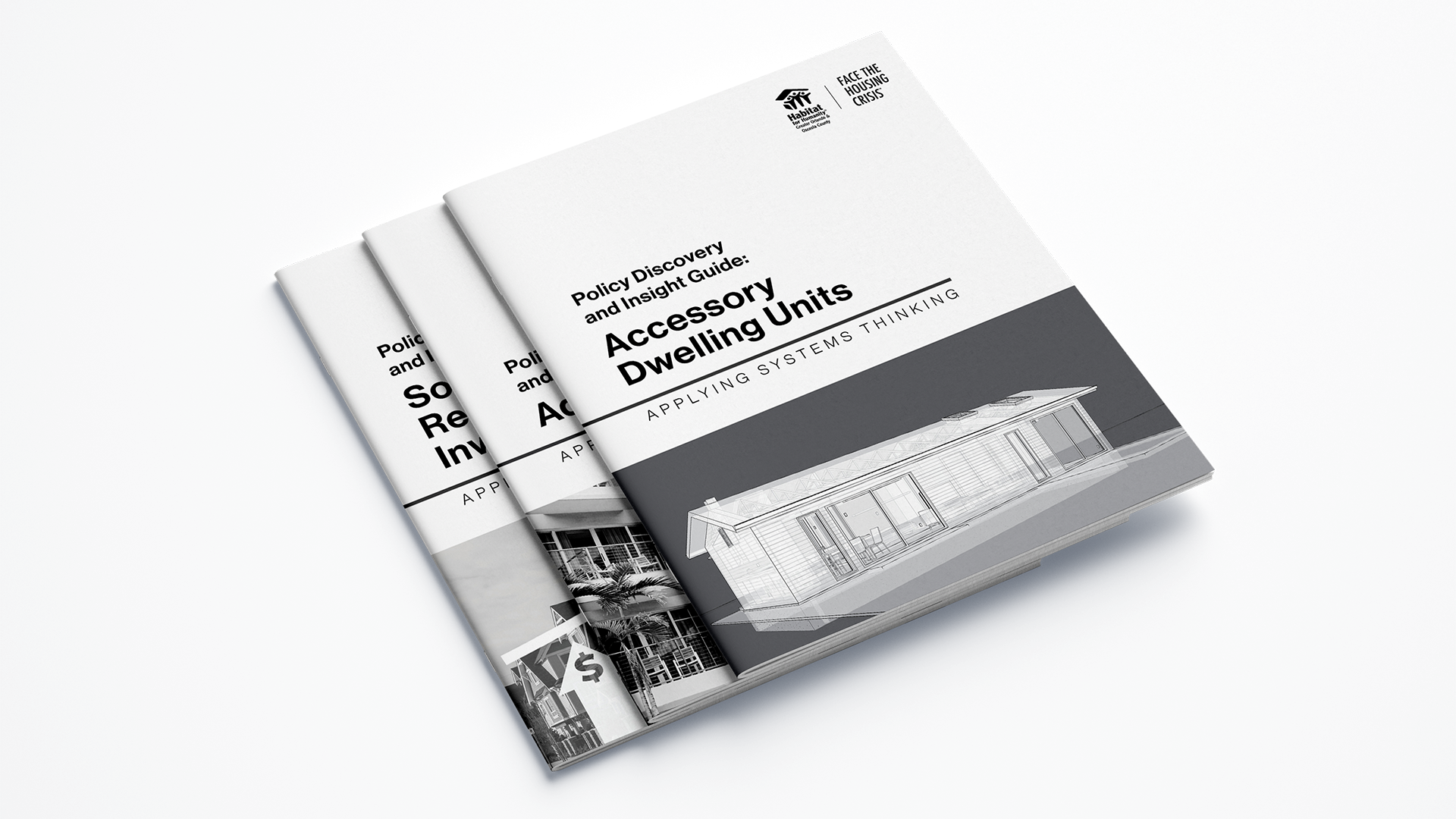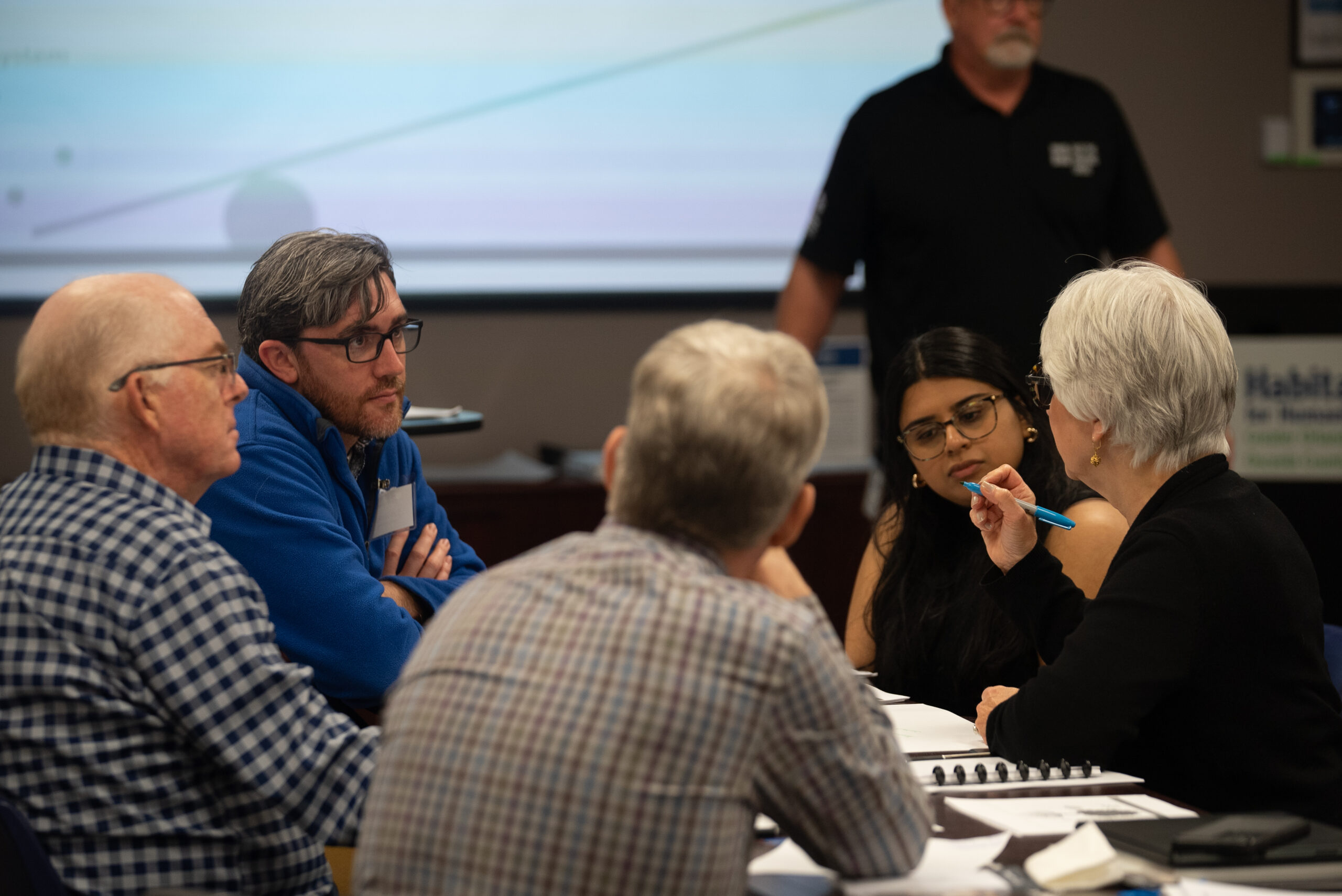The Cornerstone Housing® Initiative
The Initiative
We bring together public agencies, nonprofits, developers, community members, and funders to tackle housing from every angle.

Systems Thinking Process
The Cornerstone Housing® Initiative frames the solution sets needed to address the housing crisis. It also introduces a systems thinking approach to policy development. Through research and community engagement, the initiative seeks to create a balanced, sustainable, and accessible housing system by fostering collective action among stakeholders.
Our approach is grounded in systems thinking—a way of aligning the moving parts of the housing system to work together, not against each other. We bring together public agencies, nonprofits, developers, community members, and funders to tackle housing from every angle.
This is not a program. It’s a process.


Stages of the Initiative
Explore the different stages of the Cornerstone Housing® Initiative below.
1. Create Awareness
 To address the housing crisis, people first must realize that there is one.
To address the housing crisis, people first must realize that there is one.
For people in stable housing, the housing crisis might seem less pressing or like a problem limited to the challenges of solving homelessness. That’s why our Face the Housing Crisis campaign highlighted the less often thought of faces of the housing crisis. When teachers, nurses, and firefighters can’t find affordable housing in the communities they serve, we all struggle.
Post surveying from our initial campaign showed that recognition of the housing crisis increased from 27% to 49% among survey respondents.
The create awareness “phase” of this initiative is never done.
2. Build Commitment
 Alongside increased awareness, we must also build commitment to face the problem.
Alongside increased awareness, we must also build commitment to face the problem.
In 2024, from an initial group of 450 hand raisers, over 80 committed regional leaders (delegates) met regularly at Habitat Orlando & Osceola’s headquarters to build a shared understanding of the housing crisis and skills in systems thinking. Raising the capacity of regional leaders in government, banking, real estate development, nonprofits, etc. to assess system-wide implications of proposed solutions to the housing crisis will be a key element in a successful collective impact approach.
Read more about the delegates’ work here.
3. Innovate Measurement
 To drive meaningful change, we need more than proof that a housing crisis exists, we need tools that reveal where and how to act. By innovating the way we measure housing challenges and community progress, we can:
To drive meaningful change, we need more than proof that a housing crisis exists, we need tools that reveal where and how to act. By innovating the way we measure housing challenges and community progress, we can:
—build a shared understanding across sectors
—inform smarter local policy
—uncover the system’s most powerful leverage points
Better data leads to better decisions.
Find our innovative research products in our Research Library.
4. Identify Barriers
 Addressing the housing crisis starts with seeing the system clearly. That means identifying the underlying barriers that limit housing access and affordability.
Addressing the housing crisis starts with seeing the system clearly. That means identifying the underlying barriers that limit housing access and affordability.
By uncovering where the system gets stuck, we can begin to surface the leverage points that matter most.
This work lays the groundwork for a future policy platform that aligns efforts, focuses attention, and drives meaningful, long-term change.
Habitat Orlando & Osceola released a series of policy discovery and insight guides that explore the systems-dynamics of possible housing solutions. These guides are not recommendations; they are an analysis of possible solutions from a systems lens. The path to solutions is paved by mutual understanding and dialogue where everyone has a voice.
Visit the Research Library to find guides about topics such as:
- Accessory Dwelling Units (ADUs)
- Social Purpose Real Estate Investment Trusts and
- Adaptive Reuse
5. Engage Community
 Lasting change only happens when those most affected by the housing system help shape its future.
Lasting change only happens when those most affected by the housing system help shape its future.
As part of our collective impact approach, we plan to organize neighborhood caucuses to hear directly from residents about their priorities, challenges, and hopes. This future phase will focus on building trust, gathering feedback, and earning buy-in for policy solutions, ensuring the path forward is grounded in lived experience.
6. Advocate and Pilot
 Habitat Orlando & Osceola is uniquely positioned to address the housing crisis.
Habitat Orlando & Osceola is uniquely positioned to address the housing crisis.
As an affordable housing developer, Habitat Orlando & Osceola is uniquely positioned to pilot new ideas and advocate for the policy changes that would be the most effective in facing the housing crisis.
New building materials, financing tools, zoning requirements, or code developments are all examples of changes that could be piloted to determine how they impact the cost and speed of building housing.
Learn More
Explore the various aspects of the Cornerstone Housing® Initiative by choosing from the options below.